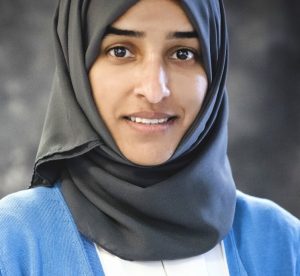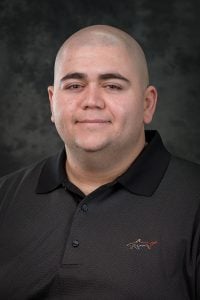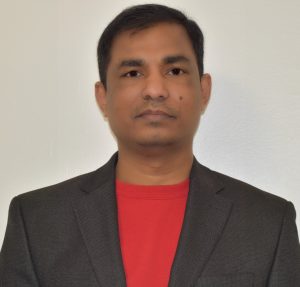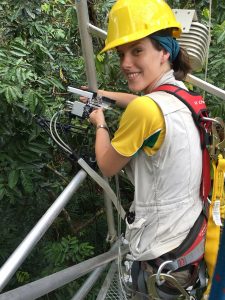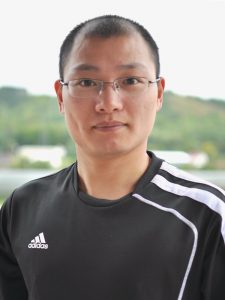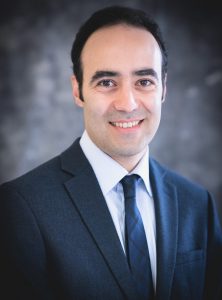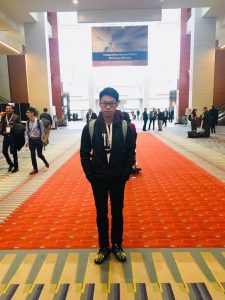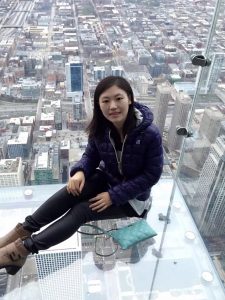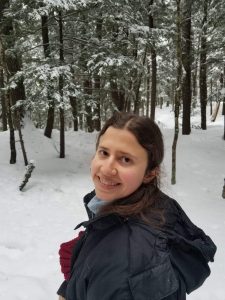Aranya Srijongjai
Rhetoric, Theory and Culture
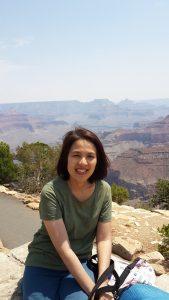 I received a PhD in Rhetoric, Theory and Culture in 2019 at Michigan Tech under the supervision of Dr. Karla Kitalong. My dissertation focused on digital rhetoric of cosmopolitanism of people from a marginalized culture as situated in the context of a transnational experience. Using cases of Thai students studying at Michigan Tech, my dissertation project investigated their digital practices as they engaged with the Other on social media in everyday life. The methodological framework of this project was designed by consolidating various concepts and perspectives of new cosmopolitanism and digital rhetoric. In its contributions, apart from theoretical and pedagogical implications, this project also helps to shape the idea of digital rhetoric of cosmopolitanism by proposing a definition and a model to explain its ontological dimension.
I received a PhD in Rhetoric, Theory and Culture in 2019 at Michigan Tech under the supervision of Dr. Karla Kitalong. My dissertation focused on digital rhetoric of cosmopolitanism of people from a marginalized culture as situated in the context of a transnational experience. Using cases of Thai students studying at Michigan Tech, my dissertation project investigated their digital practices as they engaged with the Other on social media in everyday life. The methodological framework of this project was designed by consolidating various concepts and perspectives of new cosmopolitanism and digital rhetoric. In its contributions, apart from theoretical and pedagogical implications, this project also helps to shape the idea of digital rhetoric of cosmopolitanism by proposing a definition and a model to explain its ontological dimension.
After graduation, I returned to Thailand and resumed the position of a lecturer at the Faculty of Humanities, Srinakharinwirot University, Bangkok, Thailand.
